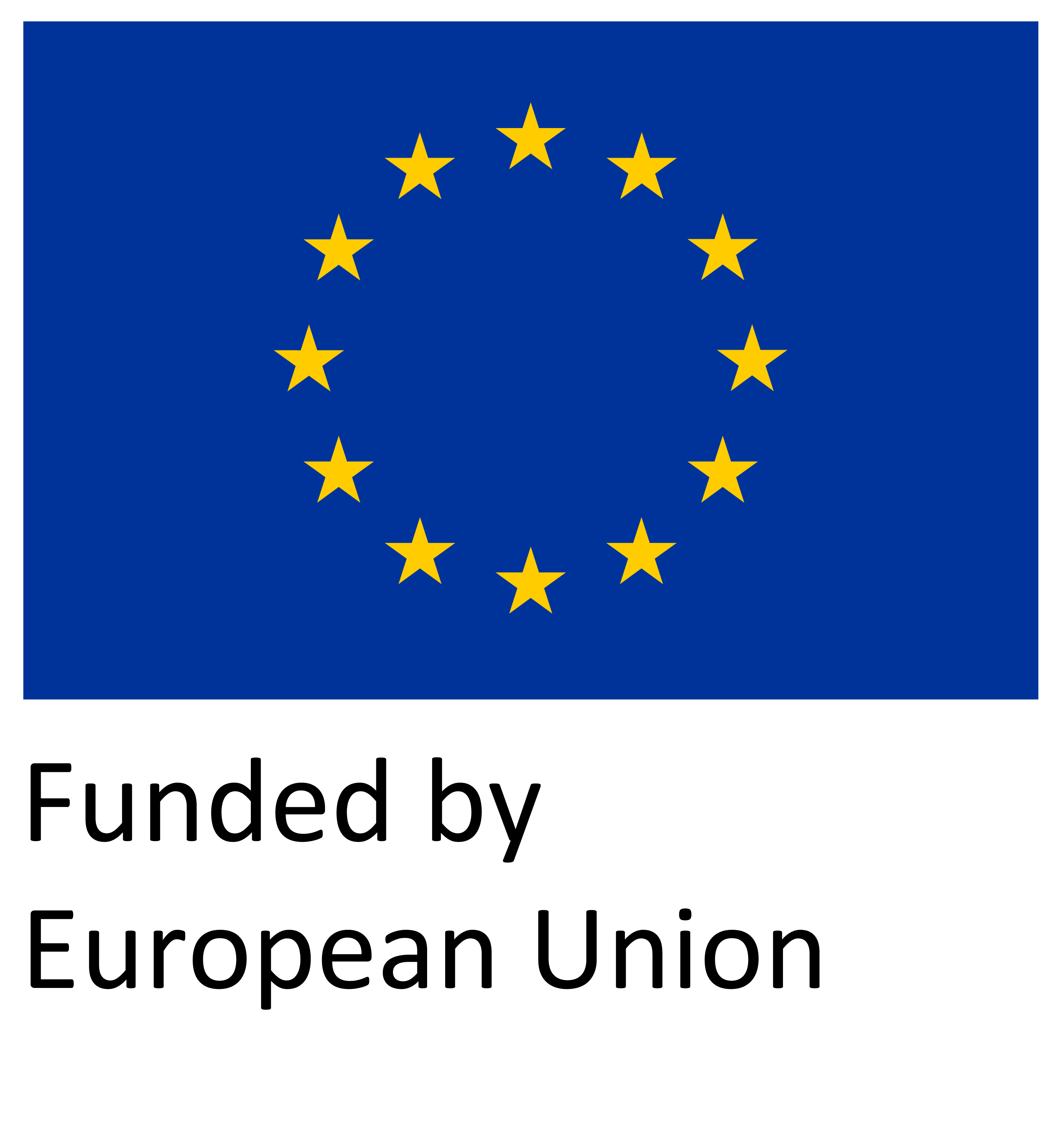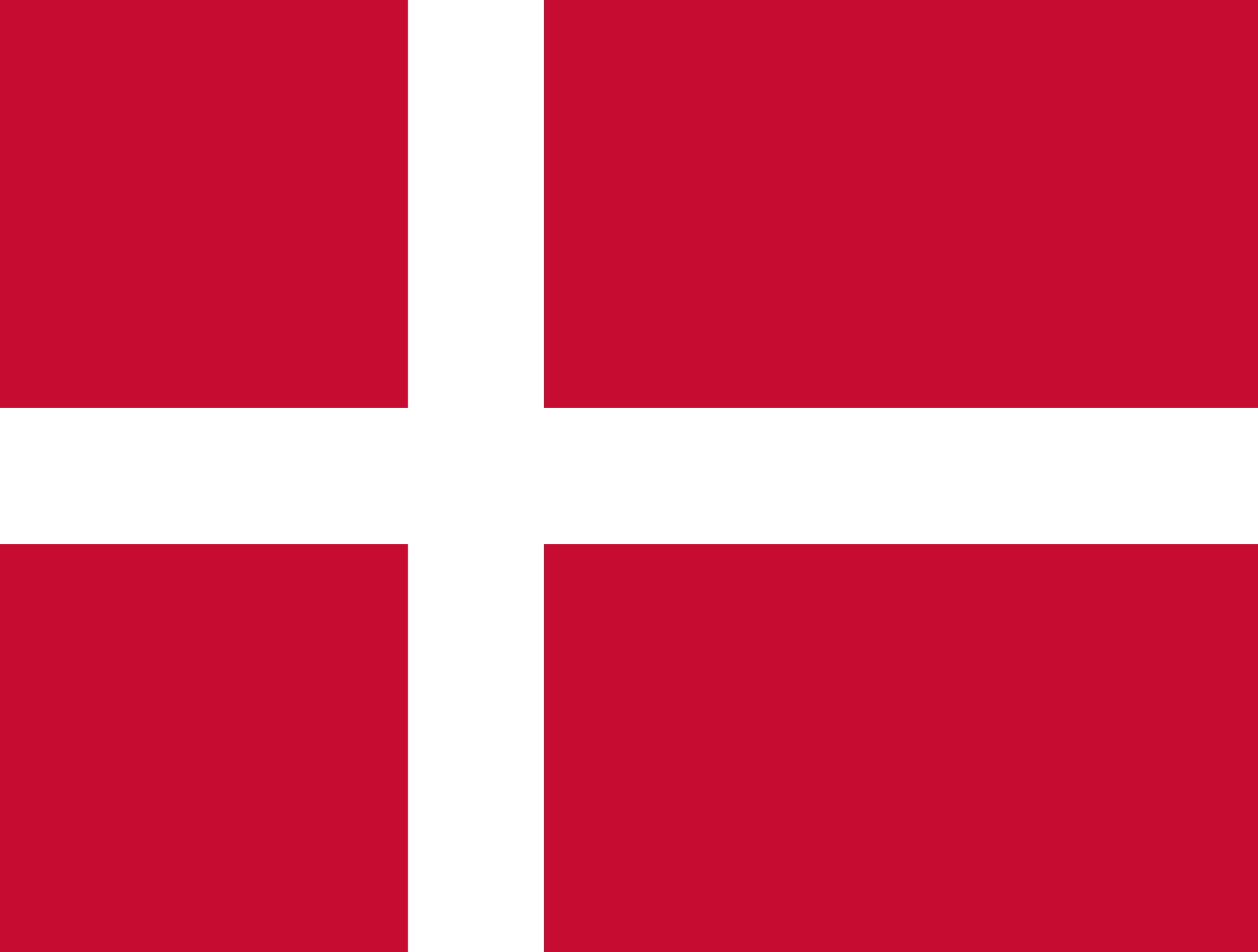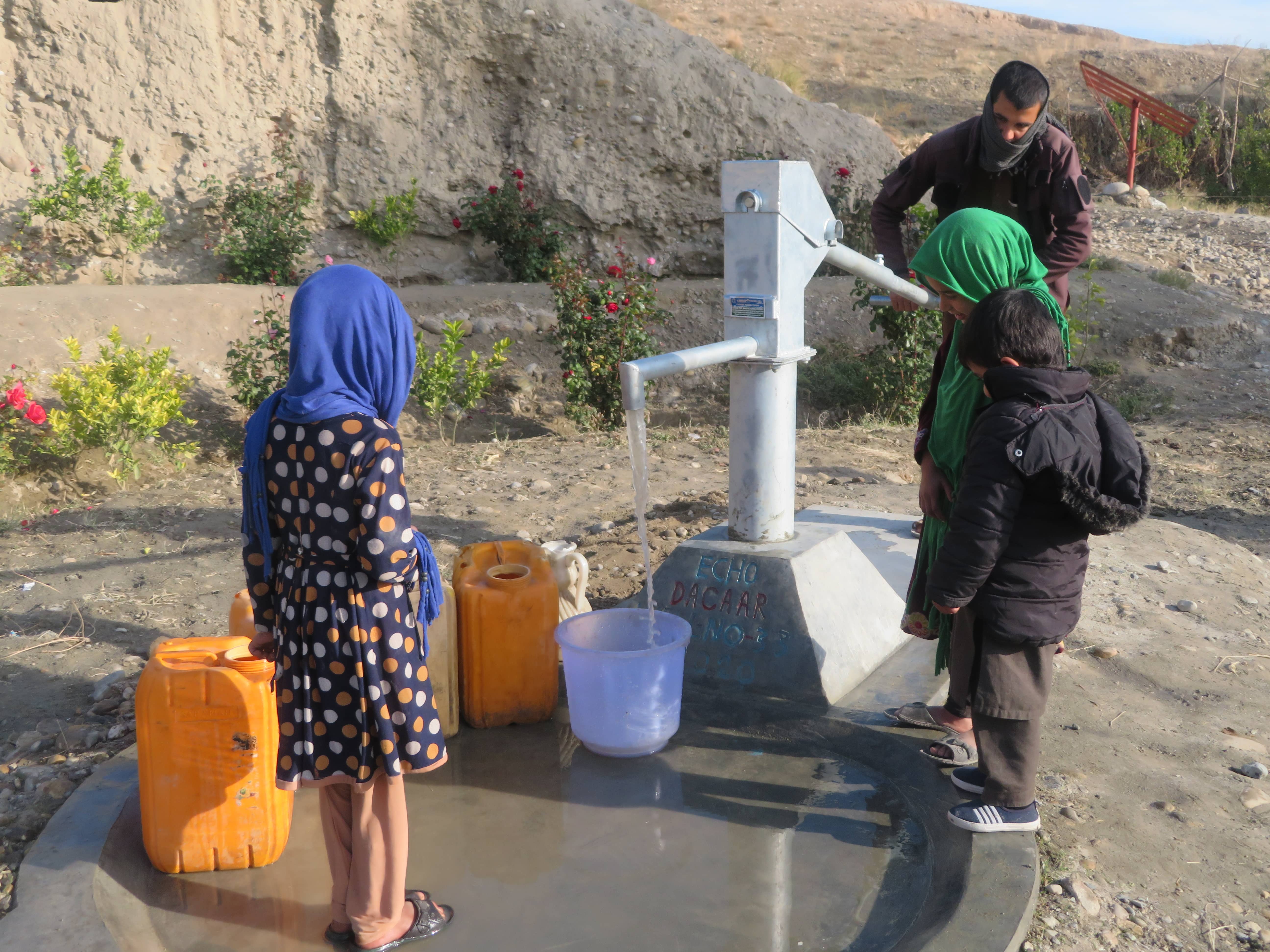ECHO approves a new top-up support to DACAAR’s ERM WASH action in Afghanistan


The humanitarian crisis unfolding in Afghanistan has deepened in the last months of 2021, caused by the conflict during the last summer, and the international sanctions following the takeover of the country by the IEA. Furthermore, the prolonged drought and the effects of diseases such as COVID-19 and Acute Watery Diarrhea (AWD) have exacerbated the crisis.
To respond to some of the challenges, ECHO has granted DACAAR a further 2.6€ million for the Emergency Response Mechanism (ERM) program, aiming at supporting shock-affected and displaced populations in Afghanistan. The intervention will enable DACAAR to ramp up its water, sanitation, and hygiene assistance to reach an additional 364,000 people increasing the total planned assistance for ERM WASH to 826,000 people in 21 provinces of Afghanistan.
The additional funding will not only support the ERM WASH response but will also be used to include the AWD component into the project, to support affected families in Kabul, Kapisa, Zabul, Kandahar, and other provinces where the AWD outbreak is confirmed.
DACAAR teams will also chlorinate water sources to avoid contamination and further spreading of diseases in coordination with health authorities and NGOs.
“DACAAR has been able to continue to deliver assistance to Afghan people, even in a situation of conflict and violence by enhancing its community-based approach and keeping itself neutral and independent. DACAAR stepped up its support to those affected by conflict and drought in August and September so that there would be no gaps in the humanitarian aid support” said John Morse, DACAAR’s Country Director in Afghanistan.
The ongoing drought has had devastating effects on people’s livelihoods, being highly dependent on agricultural and on the availability of safe drinking water. It is the third time in the last four years that Afghanistan has been affected by such a natural disaster and it is likely to continue in 2022. Hence, DACAAR intervention has become even more needed, to avoid further displacement and to prevent diseases from spreading.
otwithstanding the current context, “DACAAR is committed to stay and deliver in the face of the challenges facing Afghanistan. This project and DACAAR’s countrywide access, place the organization in a unique position to be able to deliver aid where and when it is needed the most.” said Shahwali Salarzai, DACAAR’s Deputy Director and Head of Programmes.
 Danish
Danish
